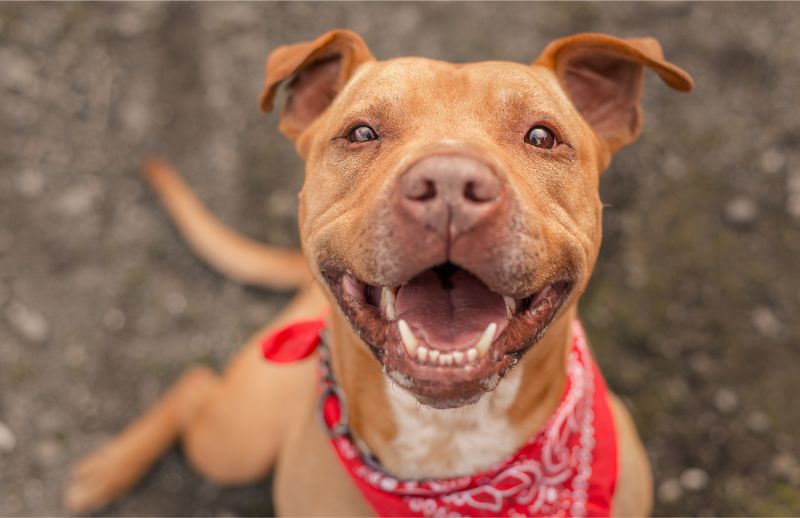
One of the most frightening and destructive phenomena is a natural disaster. Natural disasters often happen with little to no warning, and can cause confusion and chaos if not planned for in advance.
It’s likely that most of us have a disaster preparedness plan in place for ourselves and our families, but what about our pets? If pets are a part of the family, there are a few specific things to plan for to make sure they are cared for in a natural disaster.
Let the team at True Care Veterinary Hospital make sure you have the knowledge and skills to make natural disaster preparation for pets a breeze.
Disaster Preparation for Pets
Even if a natural disaster never occurs, it’s important to be prepared. Having everything you need ahead of time will enable you to be calm if disaster strikes – a must in any emergency situation!
If it’s not safe for your family at your home, it’s not safe for your pets. Don’t leave your pet behind if you have to evacuate; emergency personnel may not have the resources to rescue them. And, it’s not safe to ever leave your pet outdoors in inclement weather.
Emergency Kit
Start by putting together a pet emergency kit that you can easily get to. A backpack with your pet’s essentials and emergency supplies is ideal. You can purchase these premade, or you can create your own. The basics include:
- Pet food for up to two weeks (change this out periodically)
- Non-spill pet food and water bowls
- Fresh water for up to two weeks (change this out, too)
- Leash, collar, and ID tags
- Vaccine history and medical records
- Medications for up to two weeks
- Extra litter, litter box, and scoop
- Trash bags, paper towels, and cleaning spray
- Towels or washcloths
- A pet bed or blanket
- A pet first aid kit
- Your pet’s toys and special items
- A recent picture of you and your pet
Make A Plan
You may not be home if and when a natural disaster strikes. It’s smart to have a backup plan for evacuating your pets. Create a buddy system with a friend or family member who knows your pets and can check on them and possibly evacuate them if a natural disaster strikes.
First responders need to know that you have pets. Order this window decal from the ASPCA so that they know there may be pets trapped inside your home.
A few other things to consider:
- Identify emergency shelters. For public health reasons, many don’t accept pets.
- Find pet friendly hotels in case you can’t go to the shelter
- Locate boarding facilities or an animal hospital near the shelter
- Consider an out of town friend or family member to house your pet
- Microchips save lives in a natural disaster. Ensure your pet is microchipped and registered with your current contact information.
- If your pet needs emergency medical care you’ll want to know where to go. Research emergency veterinary hospitals and add their contact information to your emergency kit.
If you are unable to return to your home right away, you may need to board your pet for an extended period. Most boarding facilities require current vaccinations as well as parasite prevention.
During a natural disaster, what’s good for you is good for your pet, so get them ready today. If you have questions about natural disaster preparation for pets or any general pet health questions, please don’t hesitate to call us.

